A respite from Colombo’s urban sprawl is often found in an intricate network of urban wetlands across the city. While wetlands regulate temperature, reduce the impact of floods and sequester carbon, these urban ecosystems are frequently and recklessly allotted for the purpose of garbage disposal, with one of South Asia’s largest garbage dumps situated in the Boralesgamuwa wetland. Even designated Ramsar Sites are not exempt, with a recommendation to establish a 5 acre site in Muthurajawela, in the Wattala Divisional Secretariat, being approved last week.
With the highest population density and contribution to Sri Lanka’s GDP, it is no surprise that the Colombo district generates 41.8% of Sri Lanka’s solid waste, and that land scarcity has created a solid waste management crisis, which came to a head mid-April in Meethotamulla. Unlike other ecosystems such as rainforests and coral reefs, wetlands are seen as dispensable, often viewed as muddy wildernesses that can be repurposed for a seemingly more productive use. This negative public perception is due to the lack of knowledge on the importance of wetlands and the role they play in making Colombo a more livable city.
Flood retention is one of key services rendered by wetlands which act as a sponge by absorbing rainfall and then releasing it slowly and consistently. In Kotikawatta, the conversion of 26 acres of wetland into a dumping ground has increased the risk of flooding, making it vulnerable even to mild rainfall. During the flooding in May 2016, residents reported that water levels rose to 10ft, flooding homes and gardens. The grimy garbage-strewn water did not recede for 8 days. Garbage dumping in wetlands creates an environmental hazard followed by a health hazard.
These urban ecosystems sustain rich levels of biodiversity from migratory birds and crocodiles to endemic plants to small mammals such as otters and fishing cats, which are all threatened when their habitat is degraded by garbage dumping and toxic waste leaches into environments. The Kottikawatte garbage dump borders the Kolonnawa wetland which supports 139 fauna species and 85 flora species. Among them there had been 12 endemics and 8 threatened (Critically endangered-1; Endangered- 3; Vulnerable-4) species. The wetland also supports a Critically Endangered plant species that is native to Sri Lanka, Aganope heptaphylla and is found in fewer than 5 other locations in Sri Lanka, with only a few individuals making up each population. The degradation of wetland sites not only displaces native species, but also enables the introduction and propagation of invasive alien species which can thrive in harsh and difficult conditions. The wetland patches in and around the Kottikawatte garbage dump are brimming with invasive species such Panicum maximum (Rata thana), Salvinia molesta. Millingtonia hortensis Muntingia calabura and Ludwigia peruviana which are potentially invasive were also found.
The multi-functional nature of wetlands has been recognized by many cities which can offset costs on flood mitigation, water purification and erosion control by protecting and enhancing adjacent wetlands. Kolkata’s wetlands provide free sewage treatment by cleaning wastewater while sustaining freshwater fish farms and irrigating paddy fields and vegetable crops, and cities such as London have resorted to constructing wetlands to deliver a range of services. When we should be conserving and enhancing our urban wetlands to increase resilience to climate change and climate related hazards, Sri Lanka has adopted a tragic strategy of using wetlands as wastelands, slowly destroying a unique green space and the unrecognized services it bestows.
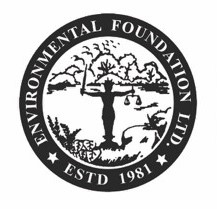
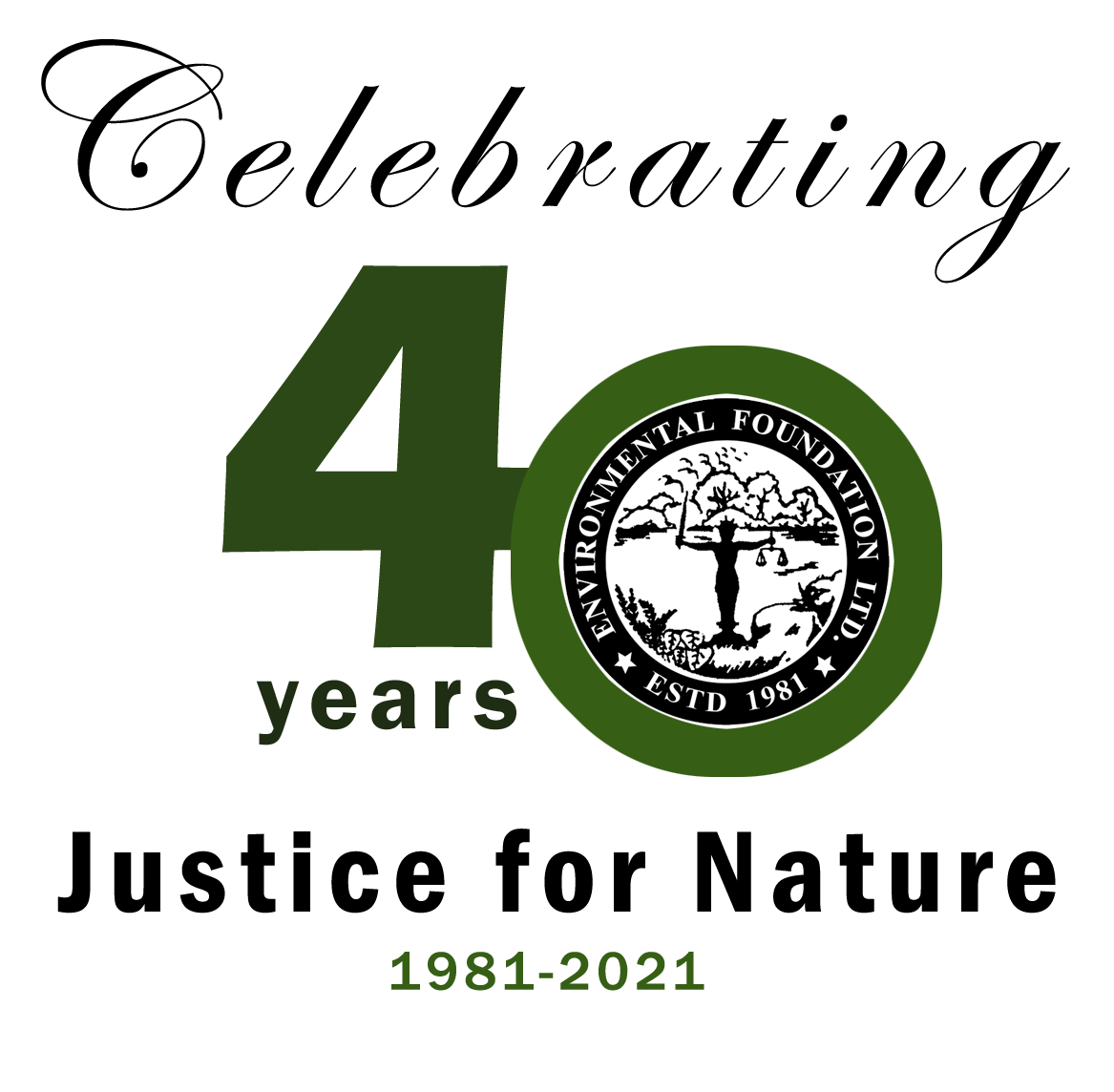
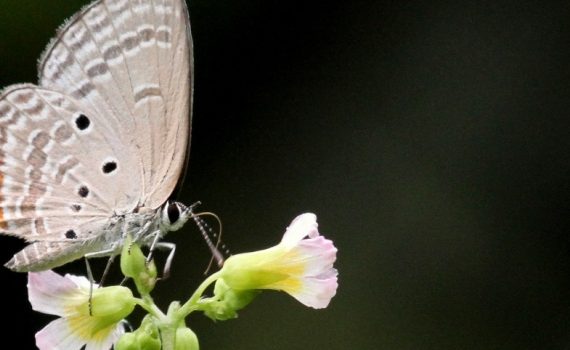
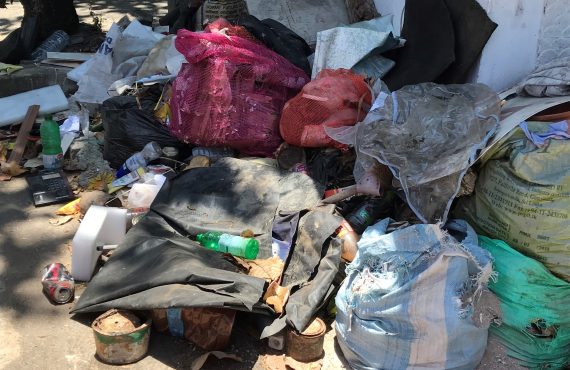
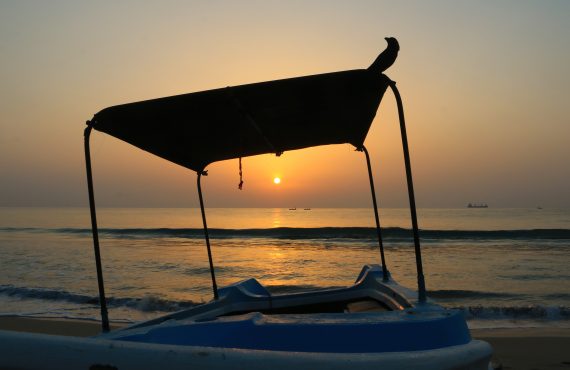
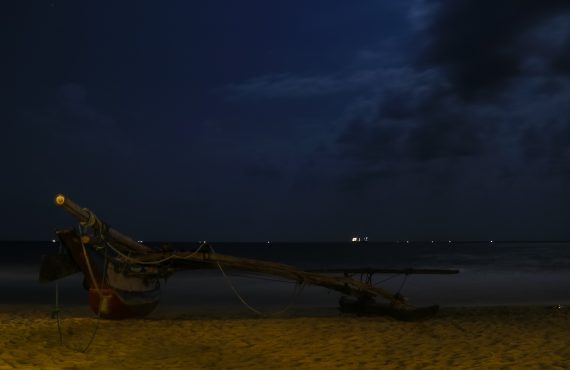

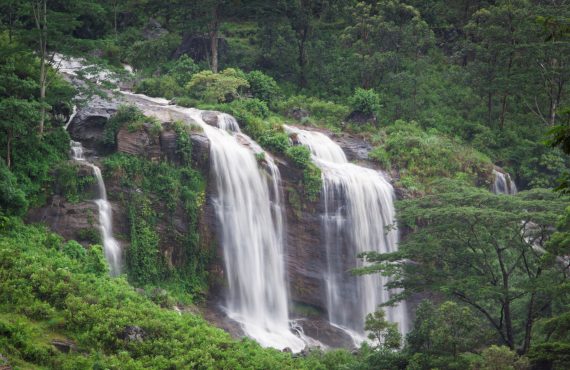
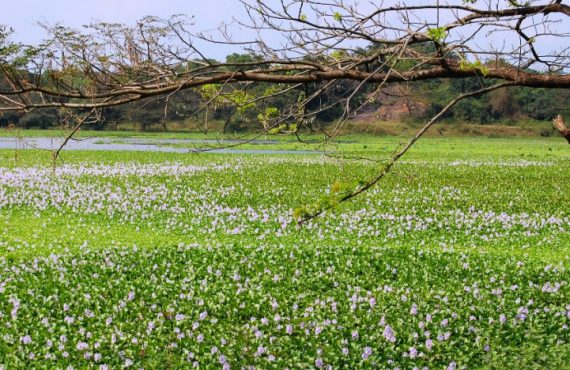
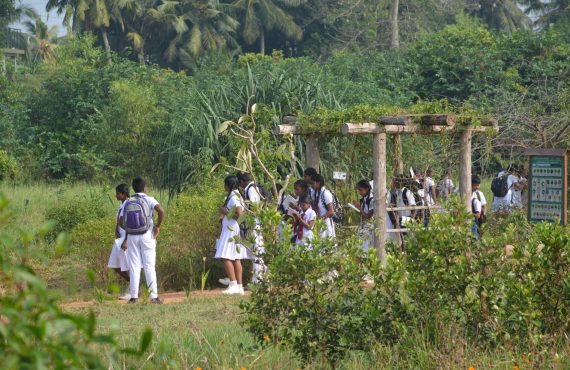

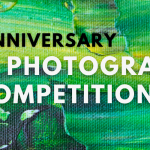
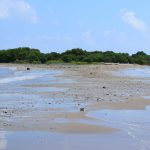

Hey! Someone in my Myspace group shared this website with us so I came to check it
out. I’m definitely loving the information. I’m book-marking and
will be tweeting this to my followers! Outstanding blog and fantastic design.
Excellent blog post. I definitelу love this website. Continue the gоod work!